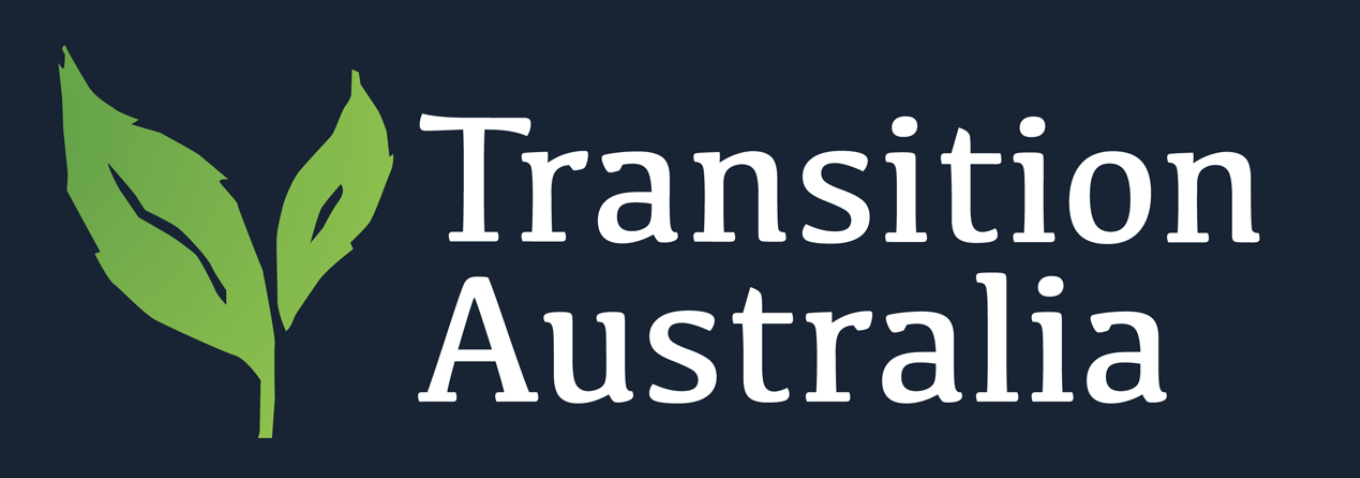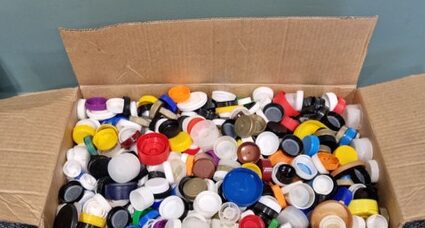We all know plastic pollution world-wide is a huge problem. Here is a story of what one person chose to do.
When I was young, my parents told us stories of how they were contented with little and were taught to extend the shelf life of things as far as possible. “Want not, waste not” was their hand me down wisdom. Old towels were made into floor rags, old uniforms into grocery bags, bottle top covers were made into toys. There were no plastic bags for fresh groceries, they just went into the handmade cloth bag. Plastic usage was at a bare minimum.
Plastic waste
Consumerism has resulted in plastic waste at pandemic levels. Single use plastic has infected community living, our soil, waterways and oceans. It amazed me to know Australia now produces 2.5 million tonnes of plastic waste each year, equating to 100 kg per person. Of this, only 13% of plastic is recovered and 84% is sent to landfill. More concerningly, around 130,000 tonnes of the plastic we consume leaks into the environment each year. By 2025 it is predicted that 99% of seabirds worldwide will have ingested plastic (National Plastic Plan 2021).
What could I do?
I asked myself, what could I do to stop this plastic waste pollution? Could I put the hand-me-down family wisdom into practice? At an individual level, my sustainable lifestyle changes have mostly been aimed at getting rid of single use plastic and recycling.
Environmental Leadership course
My passion for a better environment saw me join an environmental leadership course of 12 weeks with Port Phillip City Council in August 2021. All the application asked for was a passion for the environment, willingness to make a change and enjoyment of the course. I felt this was a dream come true, learning and enjoyment. We were 29 individuals all wanting to make a difference to the environment, especially in the huge worldwide outcry about climate change and its devastating impacts on communities. The course taught us how to formalize our passion into a project that we would run in the Port Phillip Council. It seemed all daunting at first since we had many ideas but never knew how to run a project. Over the course of 12 weeks, we tested our ideas, learned how to communicate effectively, share our views and opinions in encouraging ways, watch inspiring videos of environmentalists, listen to guest speakers about their projects and come up with a plan.
“In the end all it takes is one small action, by one person. One at a time.”
Inspired by the words of Susan Cooper “In the end all it takes is one small action, by one person. One at a time”, I decided my project would be to reduce small plastic pollution. The one small action I aimed to undertake was to set up a collection point for items like bread clips and plastic bottle lids. The Not-for-Profit Organisation Aussie Bread Tags recycles bread clips to raise funds for wheelchairs in South Africa. The plastic bottle lids are re-manufactured into usable items by Rethink Recycle Co-op. In collaboration with Passionfoods Eco-Living Store, South Melbourne, Victoria, I set up a collection point for these items in December 2021. A bag full of plastic bottle lids is all ready for collection as the community has enthusiastically taken on board this endeavour.
By using the principle of circular economy and reducing waste to landfill, we create harmony between the individual and the environment. If consumerism is the virus, sustainability is its vaccine. If consumerism is disconnection from self and community, then sustainability reconnects the individual, community and environment in a renewable and restoring relationship.
All it takes is one small action.
Dorelle Augustine
January 2022

